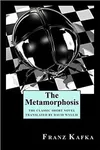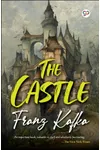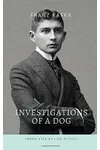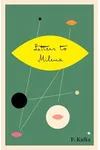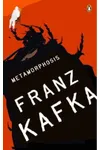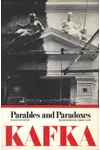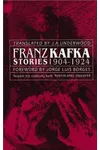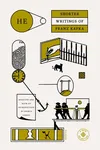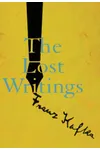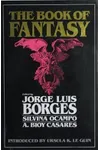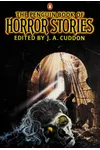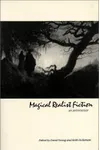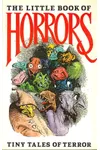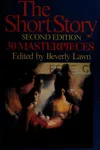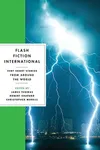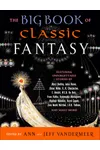Picture a German-speaking Bohemian writer who spun surreal tales of alienation and bureaucracy, leaving an indelible mark on literature—meet Franz Kafka! Born in Prague in 1883, Kafka crafted masterpieces like The Metamorphosis and The Trial, blending absurdity with haunting realism. His unique style, now dubbed 'Kafkaesque,' captures the eerie essence of modern life’s complexities.
Despite a modest output during his lifetime, Kafka’s posthumous fame skyrocketed, thanks to his friend Max Brod, who defied Kafka’s wishes to burn his manuscripts. Ready to dive into the mind of a literary genius whose stories still resonate? Let’s explore Kafka’s world!
The Making of Franz Kafka
Franz Kafka was born into a middle-class Jewish family in Prague, then part of the Austro-Hungarian Empire. His father, a domineering merchant, cast a long shadow over Kafka’s life, fueling themes of authority and guilt in his work. A shy, introspective child, Kafka excelled academically, earning a law degree in 1906. By day, he worked as an insurance clerk, meticulously handling claims, while nights were devoted to writing in his cramped apartment. Influenced by existential philosophy and Yiddish literature, Kafka’s early stories hinted at the surreal brilliance to come.
Franz Kafka’s Unforgettable Stories
Kafka’s writing is a labyrinth of existential dread and dark humor, often exploring themes of alienation, guilt, and oppressive systems. His novella The Metamorphosis (1915) follows Gregor Samsa, a salesman who wakes up as a giant insect, grappling with family rejection and loss of identity. It’s a poignant, absurd reflection on human disconnection. The Trial (1925) plunges readers into the nightmarish arrest of Josef K., trapped in an incomprehensible legal system. Kafka’s sparse, precise prose amplifies the surreal tension, making every sentence feel like a step into the unknown.
Other gems include The Castle (1926), an unfinished novel about a land surveyor’s futile quest for access to a mysterious authority, and A Hunger Artist (1922), a short story probing the limits of art and suffering. Kafka’s style—marked by stark clarity and dreamlike logic—creates a world where the ordinary becomes unsettlingly strange, earning him a unique place in modernist literature.
Why Franz Kafka Matters
Kafka’s influence is monumental, shaping existentialism, surrealism, and 20th-century literature. His term 'Kafkaesque' describes absurd, oppressive situations, from bureaucratic mazes to dystopian nightmares, resonating in works by authors like George Orwell and Albert Camus. Kafka’s exploration of the human condition—feeling trapped, powerless, or alienated—speaks to readers across generations. His posthumous rise, driven by Max Brod’s decision to publish his works, transformed him into a cultural icon, with his stories adapted into films, plays, and even graphic novels.
- Born: July 3, 1883, Prague
- Died: June 3, 1924, Kierling, Austria
- Key Works: The Metamorphosis, The Trial, The Castle
- Notable Term: 'Kafkaesque,' describing absurd, oppressive scenarios
Snag The Metamorphosis or The Trial and dive into Kafka’s haunting, surreal world! His stories are a wild ride through the absurdities of existence, perfect for anyone craving a thought-provoking read.

